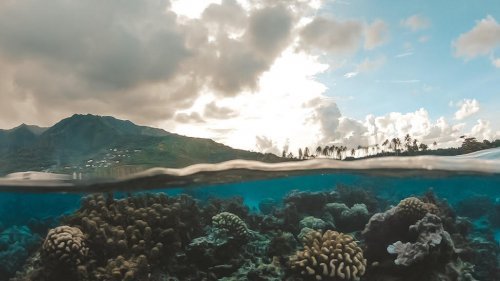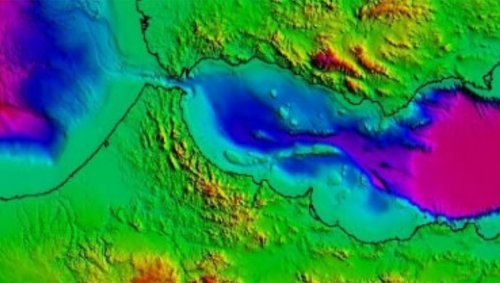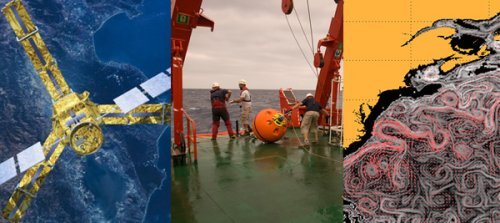Marine Biology and Oceanography
We strive to understand the role of marine organisms and ecosystems in the Earth System. We conduct studies in all the world's oceans from the poles to tropical waters, to help solving pressing societal issues such as climate change, biodiversity loss, plastic pollution, eutrophication, harmful algal blooms, ocean acidification, jellyfish proliferation, habitat integrity and much more.



